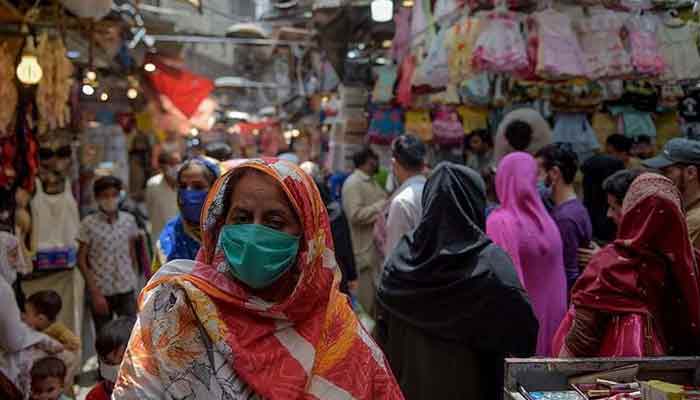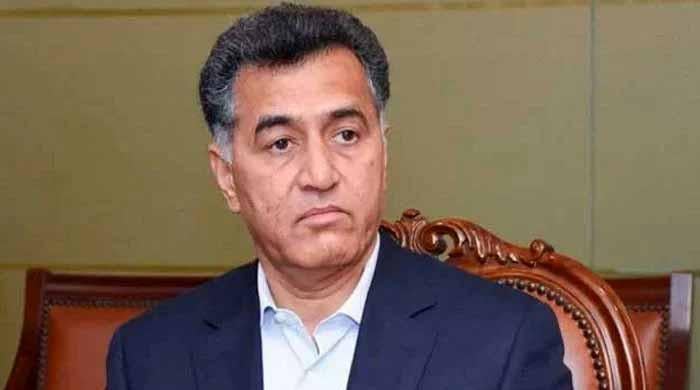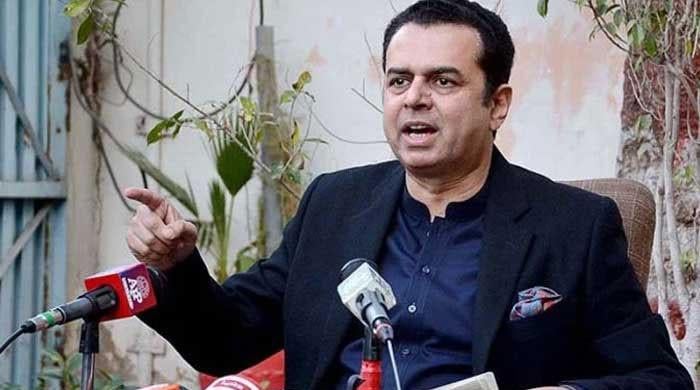Atleast 120 more die from coronavirus in Pakistan
About 4,109 more people contract infection, increasing total coronavirus caseload to 854,240 nationwide
May 08, 2021

Pakistan reported 120 more deaths from coronavirus, taking the national death toll to 18,797 on Saturday, according to the figures provided by the National Command and Operation Centre(NCOC).
About 4,109 more people contracted the infection, increasing the total caseload to 854,240 nationwide.
The daily data issued by NCOC showed that Pakistan carried out 48,103 COVID-19 tests, out of which more than 4,000 returned positive.
Punjab currently leads the provinces and federating units in most cases with 316,334, Sindh is second with 290,756 cases, Khyber Pakhtunkhwa has reported 123,150 cases, Islamabad 77,684 cases, Balochistan 23,186 cases, Azad Jammu and Kashmir 17,763 cases, and Gilgit Baltistan 5367 cases.
The current active cases of the country stand at 82,731 and 752,712 recoveries are reported country-wide.
Despite swamping cases, Pakistani traders defy Covid-19 protocols
A day earlier, the All Pakistan Traders Association had announced it would continue to carry out all commercial activities starting tomorrow until Chand Raat — a day before Eid-ul-Fitr.
Read more: Defying COVID-19 protocols, Pakistani traders vow to keep businesses running till chand raat
According to the All Pakistan Traders Association President Ajmal Baloch, as against the directives of the government, all markets and businesses will operate across the country, including Gilgit-Baltistan and Azad Kashmir.
"We should be allowed to operate businesses 24 hours as the Saudi government did," said Baloch, adding if the government does not have the means to provide relief to the business community, then it should not tell trades to shut down their businesses.
As Eid approaches, Dr Faisal Sultan warns Pakistanis of a 'very risky period'
Special Assistant to the Prime Minister on Health Dr Faisal Sultan on Thursday warned Pakistanis of a "very risky period ahead" as Ramadan comes to an end and the days of Eid-ul-Fitr holidays approach.
Read more: Pakistan reports highest single day coronavirus death toll in 2021
"We are today in the midst of the third wave of Covid-19 pandemic and while there may be very initial signs of some stability (in the third wave), these are very early days and this is a very risky period for us as the holy month of Ramazan is going to end and Eid is approaching," he said during a webinar.
He called on microbiologists and scientists to keep warning people about the dangers of the coronavirus and encourage them to keep following the standard operating procedures for safety against the infection.









